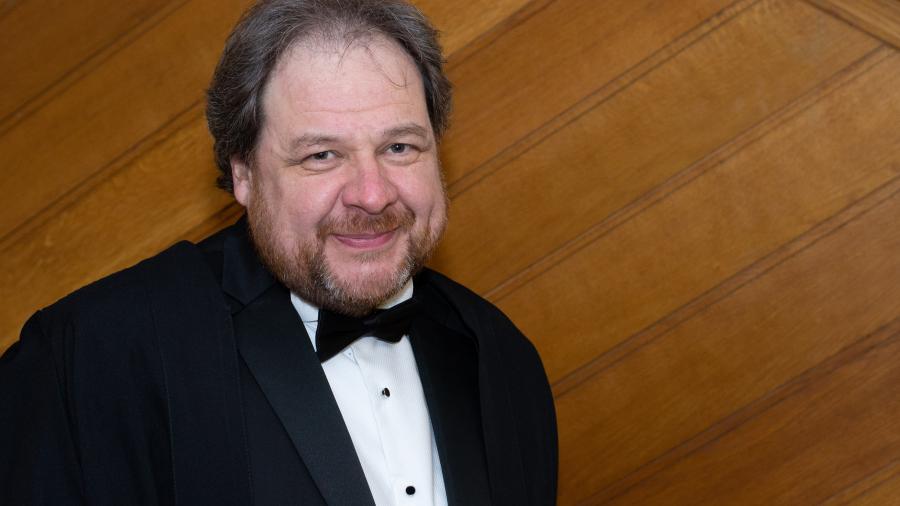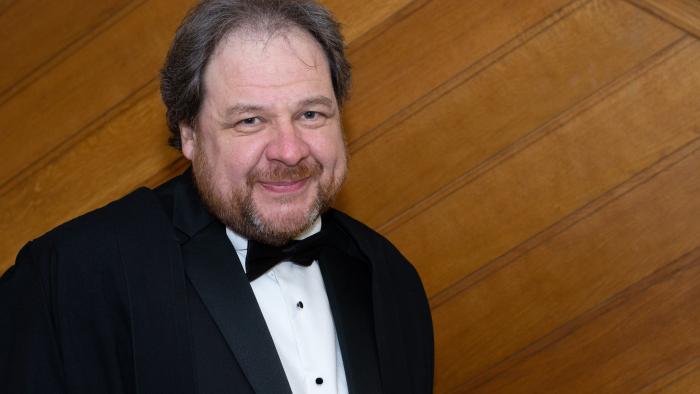
Mark studied Microbiology at the University of Surrey where he also carried out his PhD in Virology. Following a first postdoctoral position at the University of Southampton studying the immune response to cancer, he moved to the University of Cambridge in 1993 to the Department of Medicine. There he started his work on viral immunology, becoming a principal investigator.
Mark has an active research group of PhD students and postdocs focused on understanding the immune response to persistent viruses. His group has also worked on T cells responses to SARS-CoV-2 infections and vaccination, most recently he has been working on immune dysregulation in Long COVID. Mark is also the Department's Biological Safety Officer and chairs the University's Biological Safety sub-committee. He is an Editor Board member of the Journal of General Virology. He is a member of the Microbiology Society and the British Society of Immunology.
